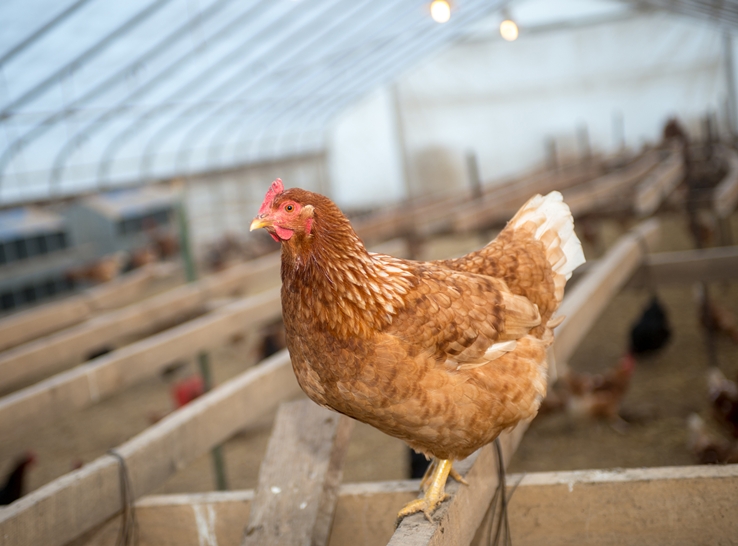
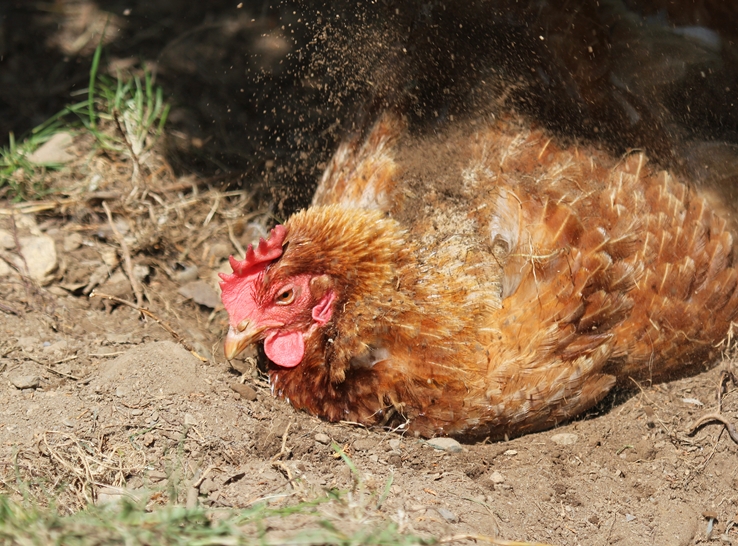
By researching the impact of ectoparasite infestations in laying hens through a behavioral lens, Purdue University doctoral student Haley Sutherland aims to identify characteristics or heritable traits that help hens resist mite infestations.

By researching the impact of ectoparasite infestations in laying hens through a behavioral lens, Purdue University doctoral student Haley Sutherland aims to identify characteristics or heritable traits that help hens resist mite infestations.

Abstract: Sample to vaccine via an integrated cross-functional NGS network
[random-sponsor]
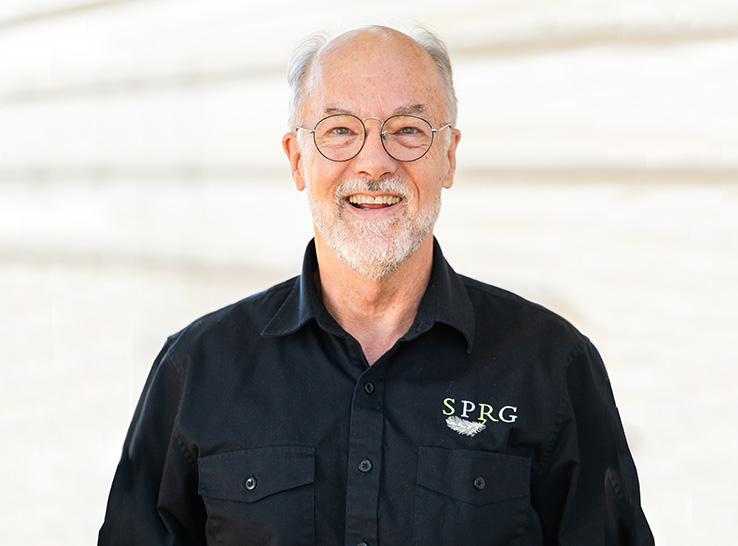
One Newcastle vaccine strain drawing renewed attention is VG/GA. Long valued for being gentle on young chicks, VG/GA works differently from traditional respiratory Newcastle vaccines. And according to Chuck Hofacre, DVM, PhD president of the Southern Poultry Research Group and a longtime consultant to the broiler industry, that difference is worth a closer look.
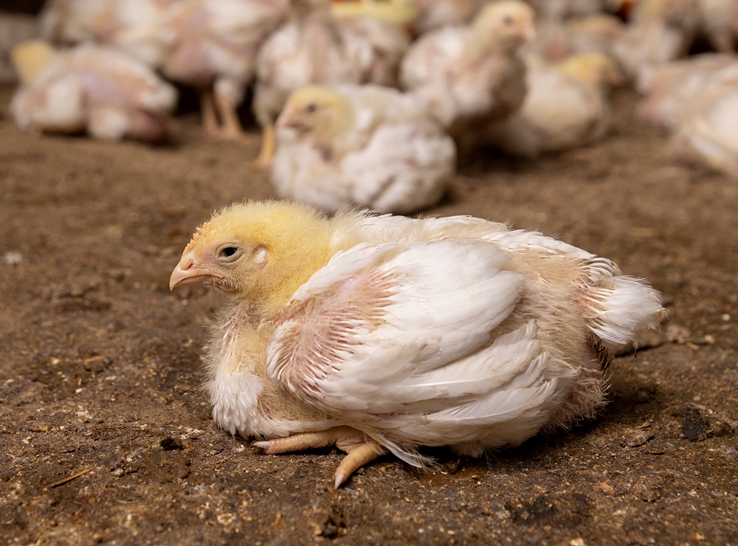
Bone and leg health issues are among the top five common concerns for broilers, noted Gigi Lin, DVM, DACPV, adding that “Lameness can indicate not only a potential disease issue but is a welfare and economic concern.” Lin, a veterinary consultant with Canadian Poultry Consultants, Ltd, was featured in the 2025 Canadian Poultry’s Broiler School Series webinar presentation, “Understanding and Managing Lameness in Broilers.”
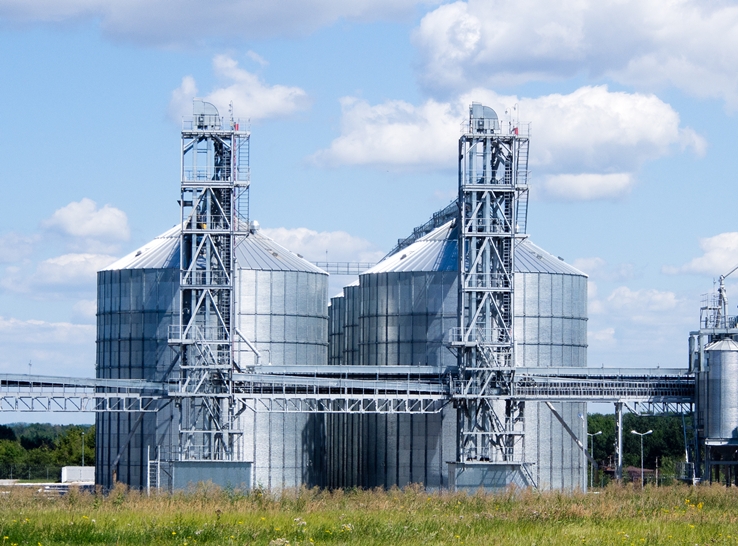
The 2026 USPOULTRY Feed Mill Management Seminar will be held March 19-20 at the Embassy Suites by Hilton Downtown in Nashville, Tennessee.

Manuel Da Costa, DVM, PhD, Director of strategy and innovation, Cargill, takes an interesting look at coccidiosis programs and how the company’s feed additive, Biostrong™ Dual, can impact broilers’ gut health to defend against this disease.
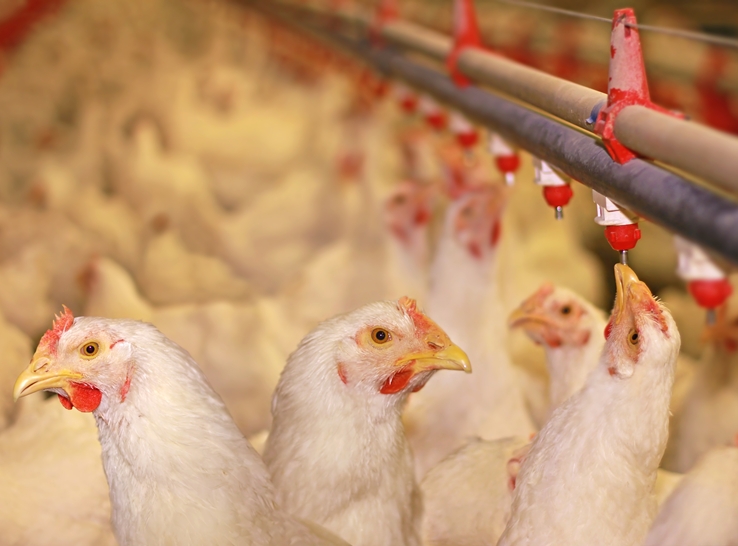
Adding organic acids to poultry drinking water has been suggested as a potential intervention in managing Salmonella, but research by Auburn University scientists showed otherwise.

Extreme weather events, such as heat waves, droughts, freezing conditions, floods, tornadoes, and hurricanes, can affect poultry flocks in many ways. The severity of their impact depends on both the type of event and the geographic location.
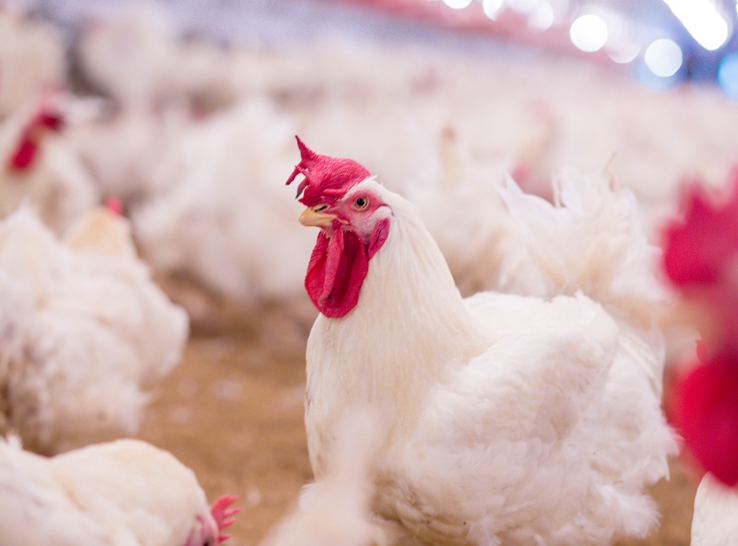
A precision poultry-feeding system developed by University of Alberta scientists has the potential to bring improved fertility, better flock uniformity and significant savings for broiler breeder producers.
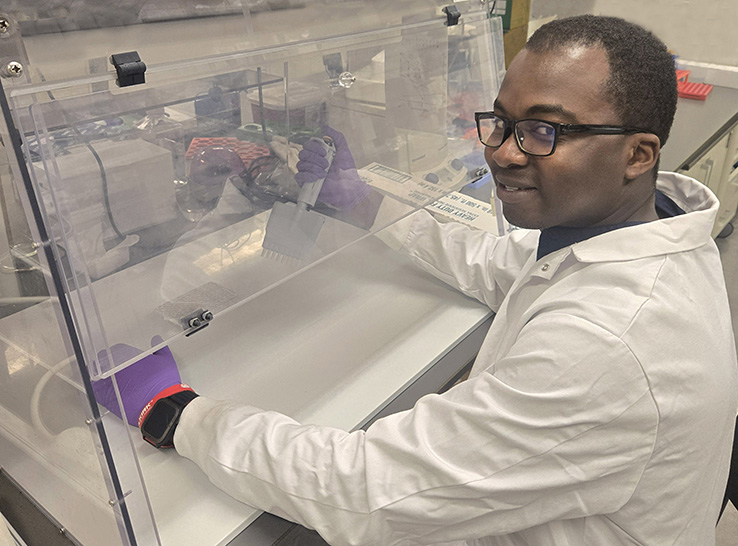
A “Rising Stars” article
by Emmanuel Alagbe, MS
PhD Candidate
Graduate Research and Teaching Assistant
Purdue University, West Lafayette, Indiana